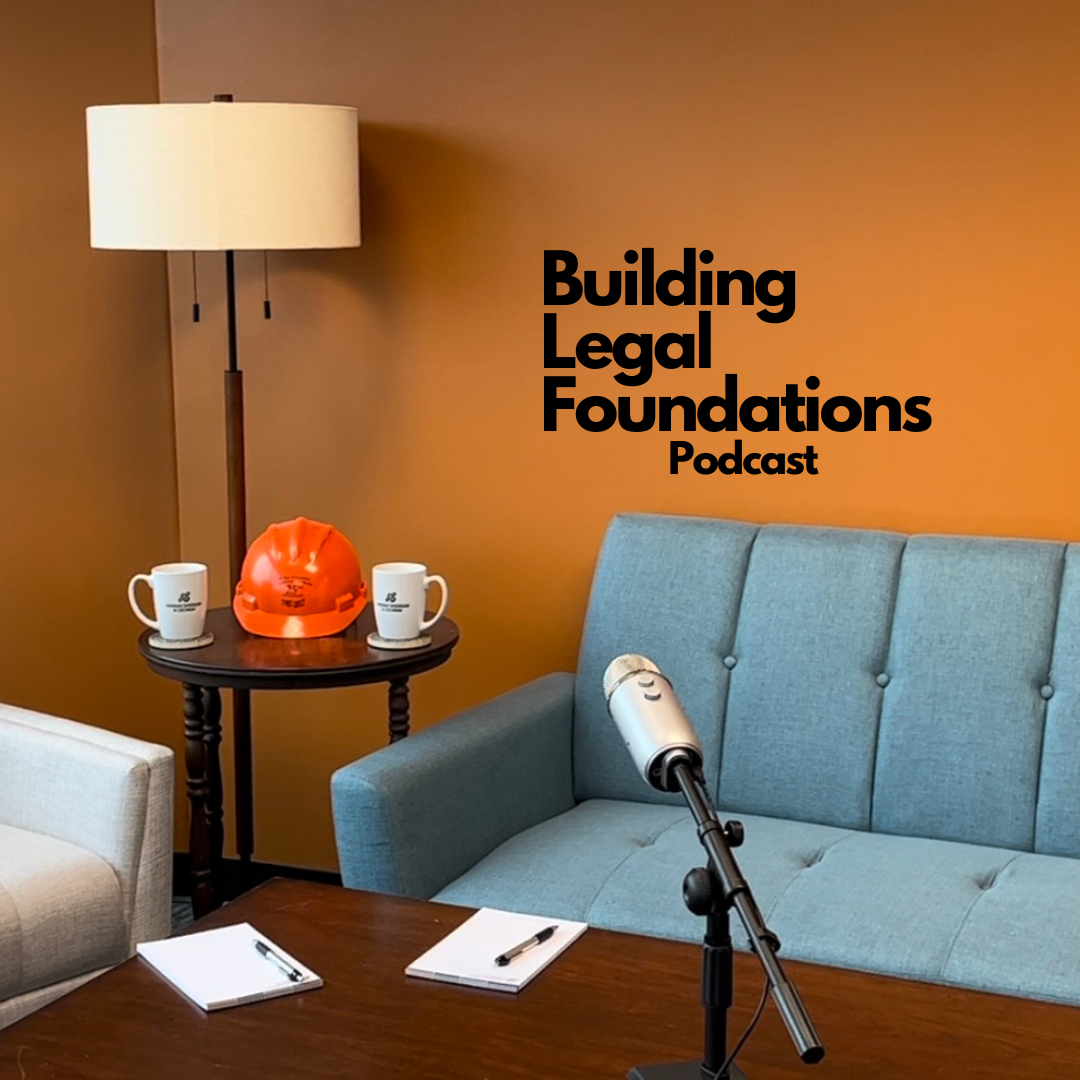Hannah Sheridan & Cochran's own podcast, previously available via Spotify, is now available to listen…

Civil Litigation in North Carolina: Recent Changes and the Current Procedure
When I began practicing law in September 2019, civil litigation in North Carolina looked strikingly different than it does today. Two of the main reasons behind the changes in civil litigation are (1) COVID-19, and (2) the introduction of eCourts in North Carolina. This article serves as a primer for how civil litigation has changed, and a look at how a current civil litigation matter is handled and processed in the pleadings stage.
COVID-19
March 2020 will forever live in infamy as the time in which all of our lives were turned upside down, as the COVID-19 pandemic had implications spanning far and wide, including a Stay at Home Order which closed offices and moved workers to the comfort and safety of their homes. As the world attempted to come to grips with navigating crowds of people and protecting everyone’s safety, a new concept emerged in the North Carolina Court System: remote hearings via WebEx.
Prior to COVID-19, all Court hearings were conducted in-person at a Courthouse in front of a Judge. However, with social distancing requirements making in-person hearings quite challenging, the rise of remote hearings was born. Remote hearings allowed the Courts to resume processing cases, while keeping parties, lawyers, and Court staff safely apart from one another. It appears that the Court has discovered that many matters can be efficiently heard via remote proceedings, and thus remote hearings remain a fixture in the Court system to date. Remote hearings allow attorneys to simply log into a hearing via WebEx and conduct their hearings entirely remote, saving on travel time and thus saving clients money via reduced legal fees.
eCourts
North Carolina had discussed moving to an online Court system for many years; however, in February 2023, eCourts officially launched in four North Carolina counties: Wake, Harnett, Lee, and Johnson. Counties have continued to launch eCourts in an ongoing effort to have eCourts live and active in all one-hundred (100) North Carolina counties. How exactly does eCourts operate and how is this different than how the Courts previously operated?
Previously, for example, if a Wake County attorney needed to file documents in a Wake County case, they could either physically take the documents to the Wake County Clerk of Court for filing, or mail them to the Clerk for filing; copies could be returned to the attorney via mail, or placed in a mailbox at the Courthouse. eCourts has drastically altered this process, as now for all counties currently involved with eCourts, documents can be filed with just a few short clicks of a computer mouse. Additionally, the file-stamped documents will generally be available shortly after submission for filing. Thus, this process allows for an expedited filing process, and reduces the amount of foot traffic in the Clerk’s Office, as well as reduces the amount of mail sent to and from the Clerk’s Office.
Current Civil Litigation Process Through the Pleadings Stage
Please note this is a general overview of how a Wake County lawsuit would be initiated and unfold through the pleadings stage, and every case will have its own intricacies and deviations from this overview:
1. File Civil Action Cover Sheet, Summons and Complaint via eCourts
a. If this is a District Court matter, the filing fee is $150.00 (to be paid via eCourts)
b. If this is a Superior Court matter, the filing fee is $200.00 (to be paid via eCourts)
2. Serve the lawsuit upon the Defendant via Rule 4 of the North Carolina Rules of Civil Procedure
3. If the Defendant fails to respond to the lawsuit within their allotted time (generally 30 days, but the Defendant can receive an extension of time for an additional 30 days), then the Plaintiff can move the Court for an Entry of Default and Default Judgment
a. These documents would be filed via eCourts
4. If the Defendant responds to the lawsuit, is there a Counterclaim?
a. A Counterclaim carries a $200.00 filing fee (to be paid via eCourts)
5. If so, the Plaintiff will have an allotted time to respond to the Counterclaim (generally 30 days, but the Plaintiff can receive an extension of time for an additional 30 days).
a. A response to a Counterclaim is called a “Reply”
b. The Reply is filed via eCourts
– Zachary N. Layne


